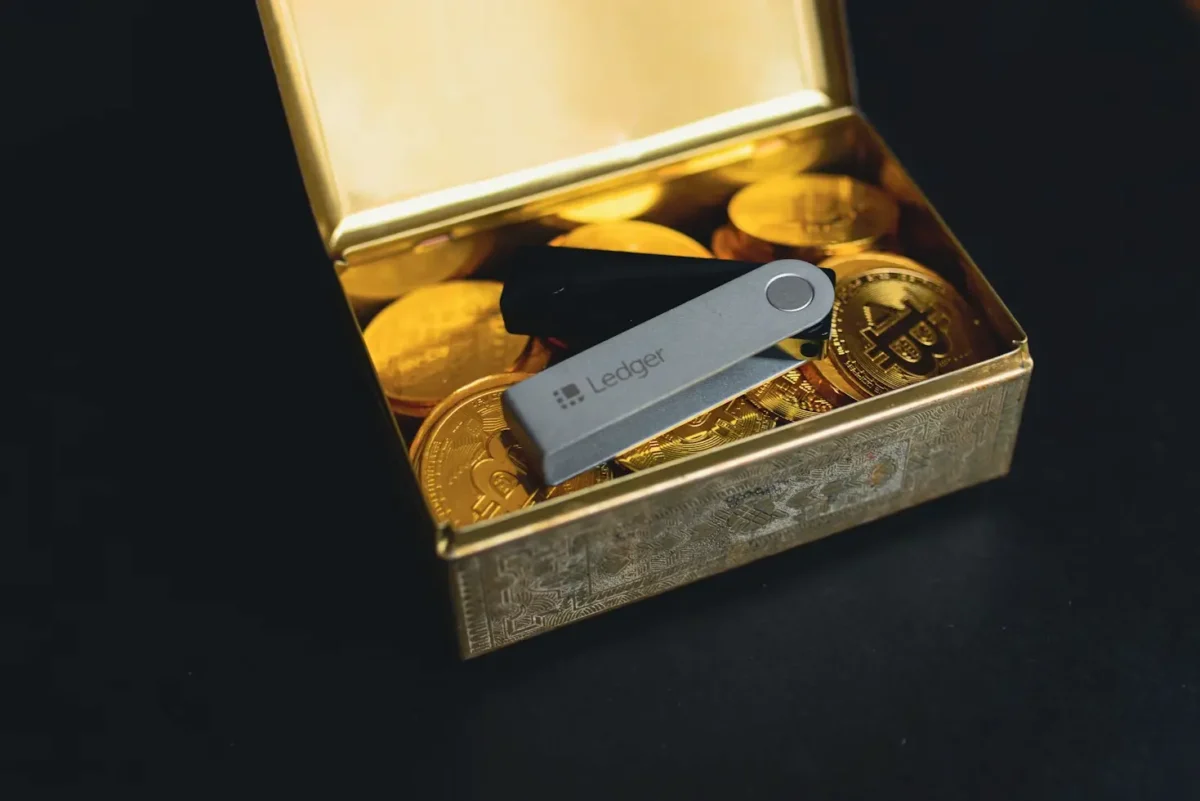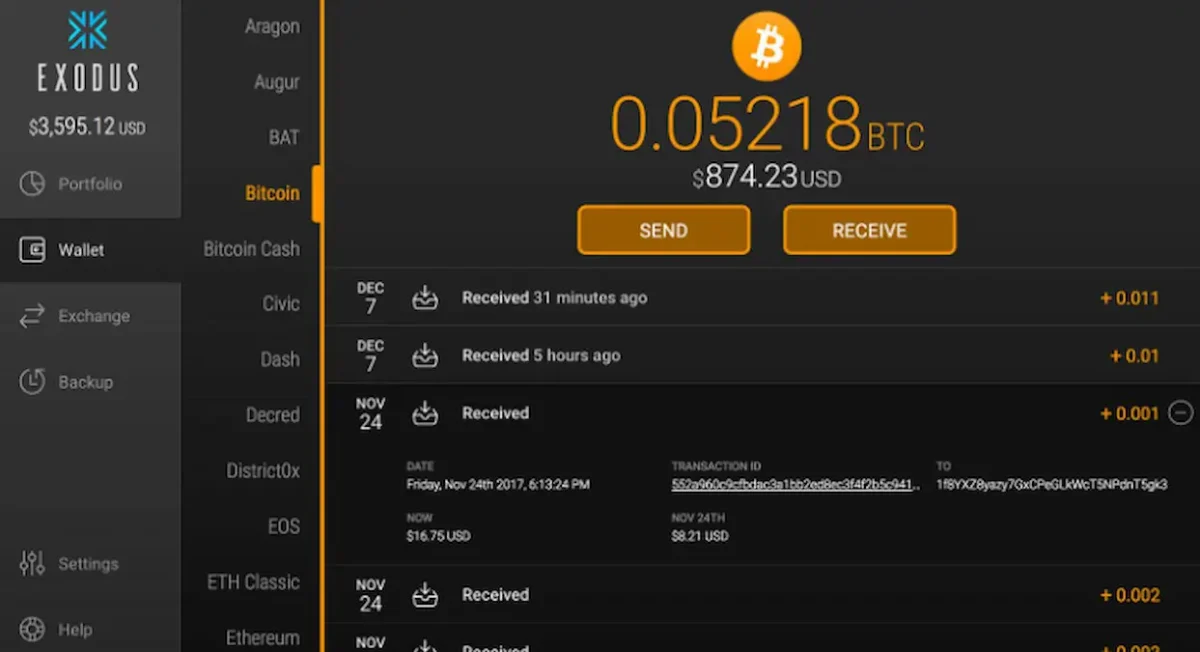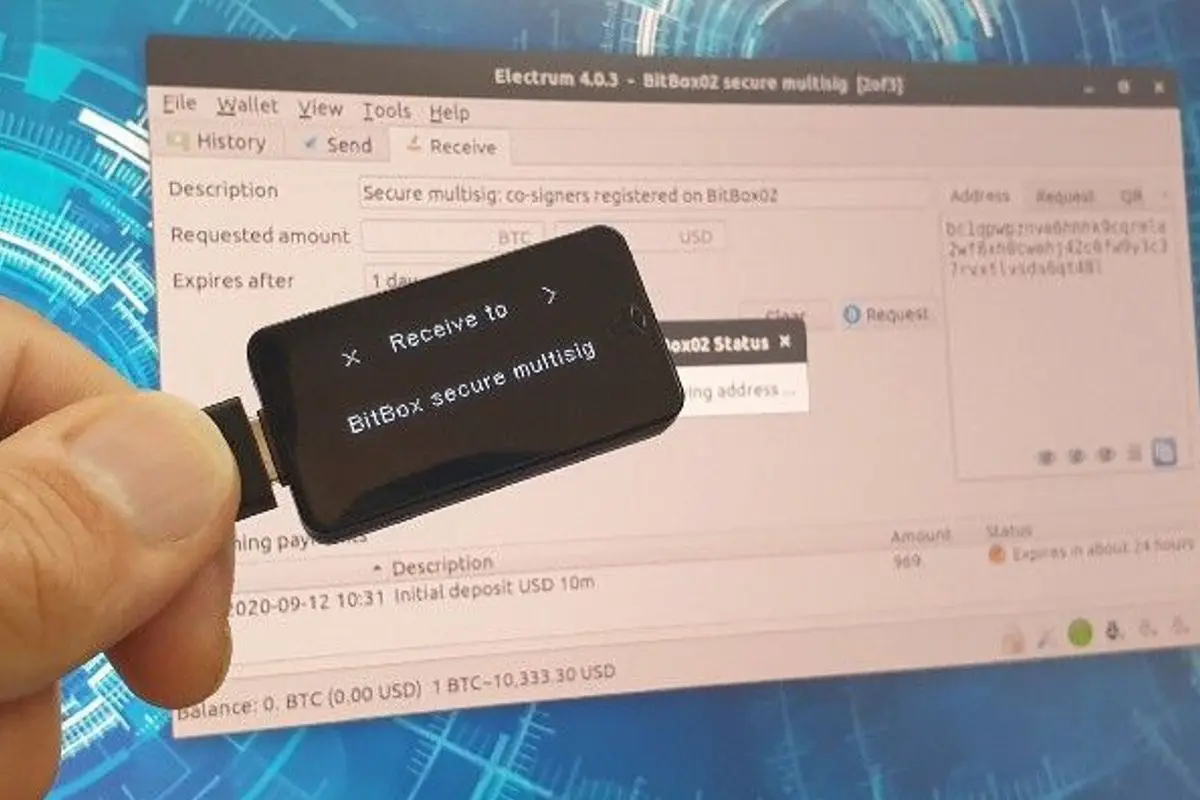More than half of cryptocurrency users worldwide own bitcoins. It’s the first and most expensive digital coin today, serving as the primary investment asset for traders worldwide. Therefore, the question of convenient and secure storage remains relevant. We’ve analyzed various Bitcoin wallets and compiled a Top 10 list to help readers make the right choice.
Types of Bitcoin Wallets
A cryptocurrency wallet is a software or hardware solution that provides access to the blockchain and the ability to manage assets. Essentially, it stores the keys needed to control digital coins. There’s no money in it, but losing the keys means losing the currency. Therefore, the main requirement for wallets is data security.
All Bitcoin wallets are divided into hot and cold.
- Hot wallets usually take the form of mobile apps, desktop programs, or browser extensions downloaded from official websites or app stores and stored on a PC or smartphone. They require an internet connection to work.
- Cold wallets take the form of physical media – flash drives, special devices, or even pieces of paper. Understandably, the most reliable are hardware Bitcoin wallets, which have protection against hacking and other useful features. Their cost starts at $50 per device.
Bitcoin wallets are also divided into custodial and non-custodial.
- Custodial wallets involve storing keys on a third-party service that guarantees their security and the ability to recover them in case of loss. However, they are more vulnerable to hacking attacks, and if the custodial service goes bankrupt, you can lose your savings.
- Non-custodial wallets give the user full control over their assets, are well protected against hacking, but if you lose the key, it’s impossible to regain access to the funds.
Top 10 Bitcoin Wallets
Ledger
Ledger is a cold, non-custodial hardware Bitcoin wallet. It looks like a flash drive that connects to a computer or other device via USB. It allows you to store hundreds of keys and tokens. Ledger guarantees a high level of security thanks to two-factor authentication. It has a convenient interface – Ledger Live and a mobile app. The downside is the relatively high cost.

Trezor
Trezor is a cold non-custodial hardware Bitcoin wallet, resembling a compact gadget with buttons. Two models are available – One and T. The former has more comprehensive functionality and a higher cost. This device provides maximum protection against hacking and a very user-friendly interface. The downside is often the high cost.
Trust Wallet
Trust Wallet is a hot non-custodial Bitcoin wallet in the form of a mobile gadget application. For security guarantees, fingerprint entry, PIN code, and password are used. It offers interaction with various DeFi protocols. Users appreciate the convenience and simplicity of the interface, but the lack of two-factor authentication is considered a drawback.
Exodus
Exodus is a hot wallet, among the best in software solutions. They are integrated into the Shapeshift platform, significantly expanding capabilities. They have exchange and transfer functions. The program is installed on a PC or smartphone, and the keys are stored there. There are versions for Windows (64-bit), Linux, Mac, iOS, and Android. Among the disadvantages is the closed-source code.

SafePal
SafePal initially started as software but now offers hardware wallets with maximum security. Data is stored using not only two-factor authentication but also a self-destruct mechanism, EAL5 security element, and air-gapped signing via QR code scanning. The cost is significantly lower than close analogues. The downside of SafePal is the low-quality casing.
BitBox
BitBox is a compact cold, non-custodial hardware Bitcoin wallet compatible with Windows, Linux, Mac, iOS, and Android. For maximum security, manual transaction confirmation, two-factor authentication, an encrypted USB connection AES-256-CBC, and an automatically reset password after 15 failed attempts are used. All data is additionally copied to a microSD card for further recovery. The drawback of the BitBox bitcoin wallet is the absence of a screen.
Electrum
Electrum is one of the oldest on the cryptocurrency market. This is a hot Bitcoin wallet, known since 2011. Electrum stands out for its speed and security, compatible with hardware solutions like Ledger, Trezor, and BitBox. Keys can also be stored offline, and the internet is only needed for transactions.

Wasabi
Wasabi Wallet is a popular non-custodial Bitcoin wallet in the form of open-source PC software. Users are attracted to the simple interface and a wide range of features. The CoinJoin option confuses transaction history, complicating coin tracking. It has the option to connect a hardware wallet. One of the drawbacks of the Wasabi Wallet cryptocurrency bitcoin wallet is the lack of a version for mobile devices.
Sparrow Wallet
Sparrow Wallet offers desktop non-custodial Bitcoin wallets. It is compatible with most hardware wallets, has open-source code, and can be used worldwide. It also uses CoinJoin and is very easy to understand and use.
Samourai
Samourai is a hot non-custodial Bitcoin wallet for Android. It guarantees security through AES-256 encryption and a BIP 39 passphrase. A PIN code of up to 8 digits can be set. A distinctive feature of the Samourai bitcoin wallet is the ability to increase the fee for an already sent transaction, even the one incoming to the user.
Non-custodial Bitcoin wallets and their advantages – video
To learn more about what does non-custodial wallet means and the features and advantages of non-custodial Bitcoin wallets, watch the video.
Conclusions
All the described Bitcoin wallets guarantee a sufficient level of security and ease of use. You need to choose one that suits your budget and functionality. Most of them, besides Bitcoin, allow you to store other cryptocurrencies.
Recommend that you read our article – Crypto Arbitrage: What Is It and How It Works?
Answers to frequently asked questions about Bitcoin wallets
The most secure Bitcoin wallets are hardware solutions, such as Ledger or Trezor. These are popular brands known for their strong security features and support for various cryptocurrencies.
Yes, you can lose access to a Bitcoin wallet if you forget the private key or password.
To protect against cybercriminals, it is recommended to use a strong password, two-factor authentication, updated software, and avoid public Wi-Fi networks.
To create a backup of a Bitcoin wallet, use the “backup” or “export private key” function.
To create a Bitcoin wallet, you typically need to download an app or choose a hardware wallet and follow all registration instructions. To create a bitcoin wallet follow the instructions:
1. Choose a wallet provider or type (hardware, software, or mobile).
2. Download the wallet app or visit the provider’s website.
3. Follow the instructions to set up your wallet. This typically involves creating an account, generating a wallet address, and securing your private keys.
4. Once your Bitcoin wallet is set up, you can start receiving and sending Bitcoin.





